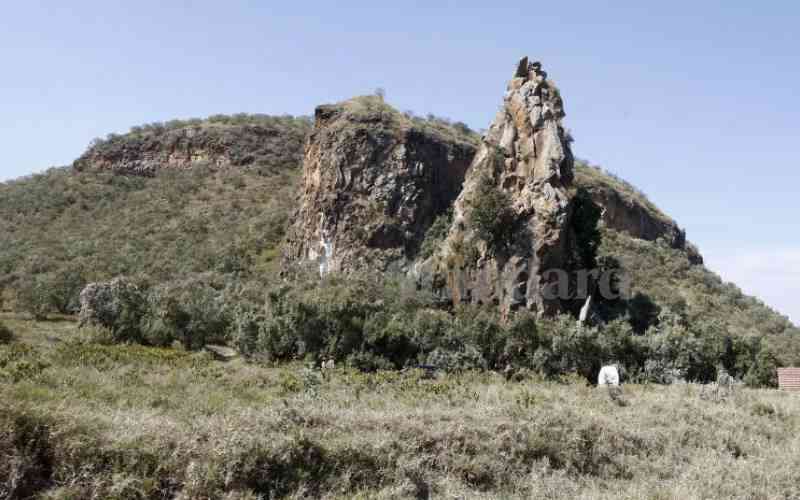×
The Standard e-Paper
Join Thousands Daily

Hundreds of livestock have invaded Hell's Gate National Park in Naivasha in search of pasture, resulting in conflict between them and the management of the facility.
The herders drawn from neighbouring counties have left a trail of destruction in the park and neighbouring farms as the drought continues to wreak havoc in the country.